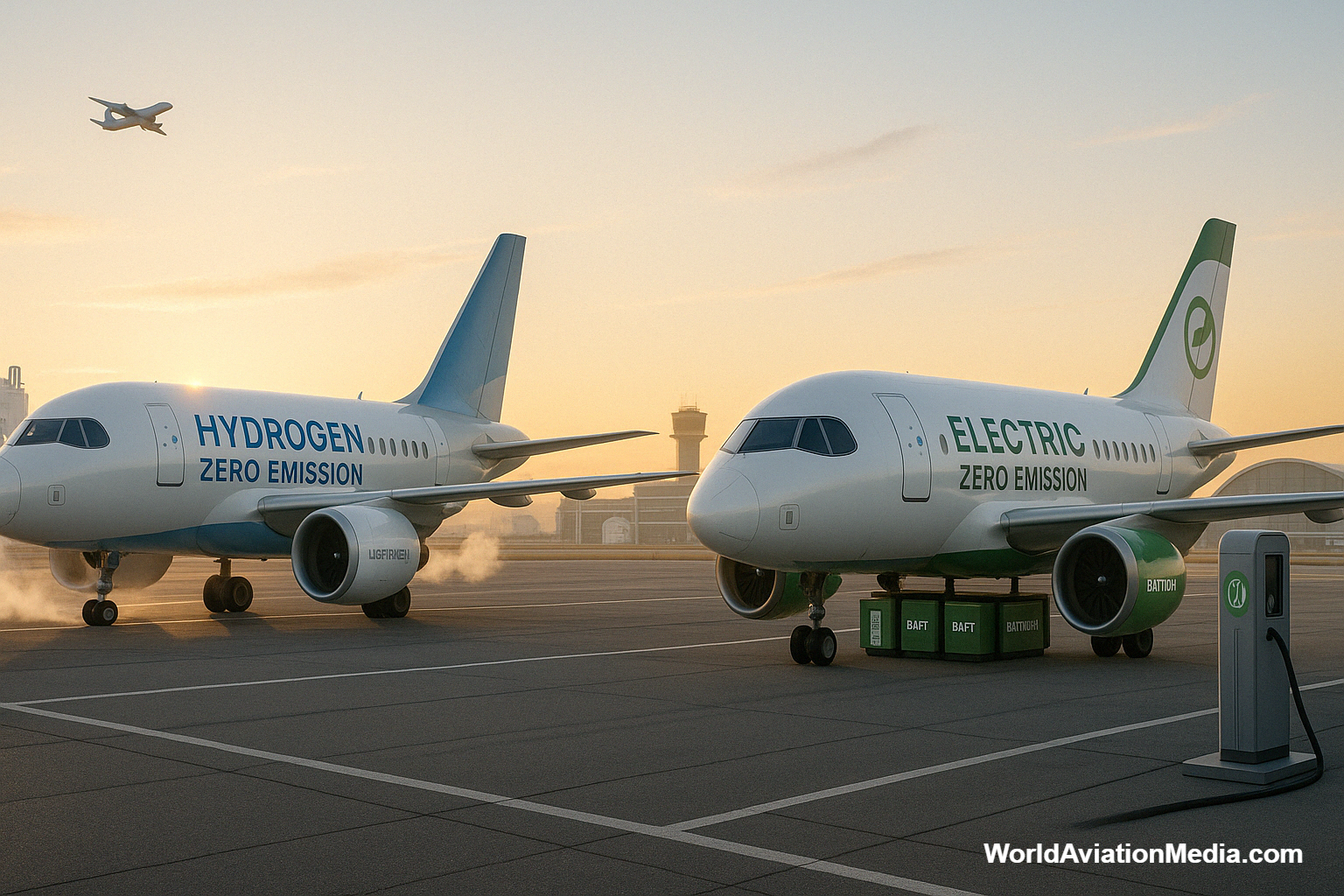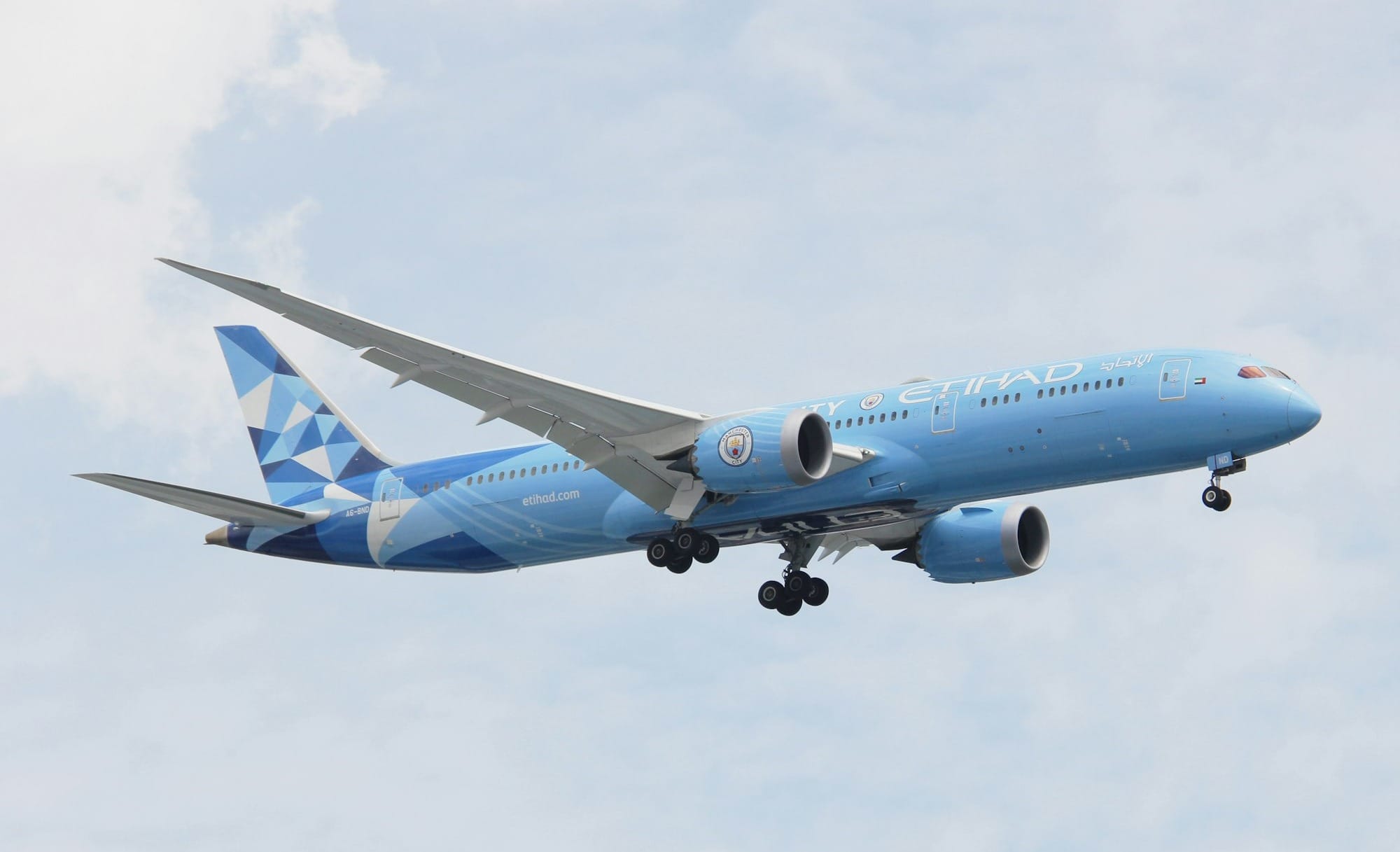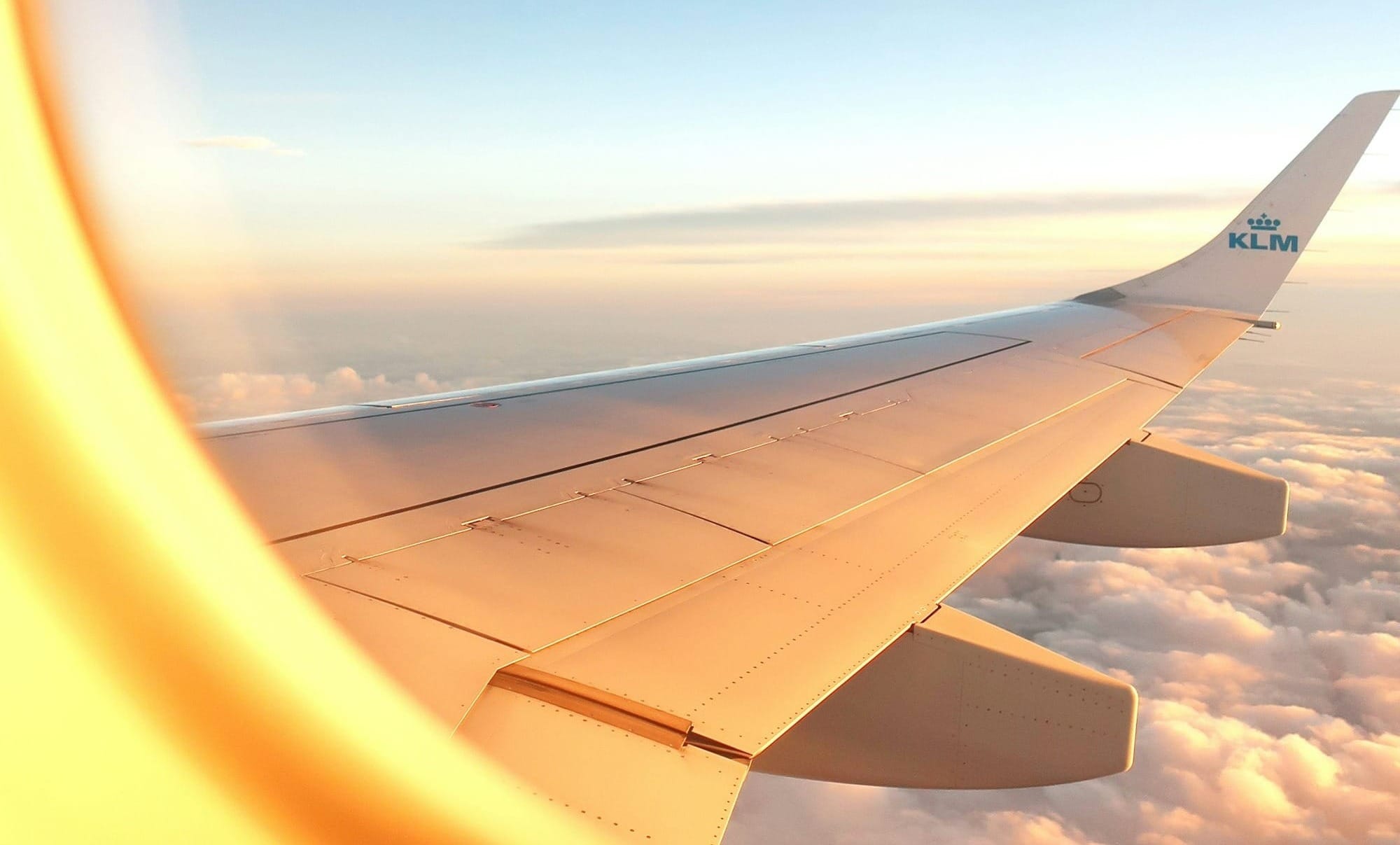Avflight's U.S. FBOs Go Green: A Commitment to Sustainability in Aviation
Avflight, a leading provider of fixed-base operations (FBOs) in the aviation industry, has made significant strides towards sustainability by transitioning all 22 of its U.S. locations to environmentally sustainable aviation businesses.


Avflight's U.S. FBOs Go Green: A Commitment to Sustainability in Aviation
Key Takeaways
- Avflight has transitioned all 22 of its U.S. locations to environmentally sustainable aviation businesses.
- Achieved Tier 1 certification under NATA’s Sustainability Standard for Aviation Businesses.
- Implemented key sustainability initiatives including carbon footprint baselines, recycling programs, and energy efficiency measures.
- Collaborating with stakeholders to promote sustainable aviation operations.
Achieving Green Certification
Avflight, a leading provider of fixed-base operations (FBOs) in the aviation industry, has made significant strides towards sustainability by transitioning all 22 of its U.S. locations to environmentally sustainable aviation businesses. This initiative reflects a broader trend in the aviation sector, where sustainability has become a focal point for companies seeking to reduce their environmental impact and align with global climate goals.
Avflight's U.S. FBOs have achieved Tier 1 certification under the National Air Transportation Association’s (NATA) Sustainability Standard for Aviation Businesses. This certification is a testament to Avflight's commitment to implementing sustainable practices across its operations. The certification process involved establishing a baseline carbon footprint, submitting an environmental policy, and implementing various sustainability measures.
Garrett Hain, Vice President of Finance and Treasurer for Avflight, expressed pride in this achievement, stating, “Sustainability is at the forefront of Avflight’s values, and we are immensely proud of this achievement. To have all 22 eligible U.S. locations certified amplifies our commitment to sustainability.” This certification marks a significant milestone for Avflight, showcasing its dedication to environmental stewardship.
Key Sustainability Initiatives
As part of the Tier 1 certification process, Avflight implemented several key initiatives across its FBOs:
- Carbon Footprint Baseline: Each location established a baseline carbon footprint, allowing the company to measure its environmental impact and track progress over time.
- Environmental Policies: Avflight developed comprehensive environmental policies that outline its commitment to sustainability and provide guidelines for sustainable operations.
- Phasing Out Single-Use Products: The company has phased out single-use products in kitchen and dining areas, reducing waste and promoting the use of reusable alternatives.
- Recycling Programs: Avflight has implemented local recycling programs at each location, ensuring that recyclable materials are properly processed and diverted from landfills.
- Energy Efficiency Measures: The FBOs have adopted energy-efficient practices, including the installation of LED lighting, energy-star rated kitchen appliances, and low-flow plumbing fixtures.
- Water Conservation: The implementation of filtered water fill stations encourages the use of reusable water bottles, reducing plastic waste.
- Paperless Processes: Avflight has transitioned to paperless processes wherever possible, minimizing paper usage and enhancing operational efficiency.
- Motion-Sensor Lighting: The installation of motion-sensor lighting in various areas helps reduce energy consumption by ensuring lights are only on when needed.
Broader Trends in Aviation Sustainability
Avflight's commitment to sustainability aligns with a growing trend in the aviation industry. As environmental concerns become increasingly pressing, many aviation companies are adopting sustainable practices to reduce their carbon footprints and enhance their reputations. The aviation sector is under pressure to meet international climate goals set by organizations like the International Civil Aviation Organization (ICAO) and the United Nations Framework Convention on Climate Change (UNFCCC).
The aviation industry has set ambitious targets for reducing greenhouse gas emissions, with many companies aiming for net-zero emissions by 2050. Sustainable Aviation Fuel (SAF), electric and hybrid aircraft, and improved operational efficiencies are among the key strategies being pursued to achieve these goals.
Collaboration and Partnerships
Avflight is not alone in its sustainability journey. The company is actively collaborating with various stakeholders to promote sustainable aviation operations. For instance, Avflight is working with Beta Technologies to install electric charging stations at key locations, supporting the transition to electric aircraft and further reducing its environmental impact.
Partnerships with organizations like NATA also play a crucial role in promoting sustainability in aviation. NATA provides resources, training, and certification programs that help aviation businesses implement sustainable practices and achieve their environmental goals.
Industry Recognition and Future Goals
Avflight's commitment to sustainability has not gone unnoticed. The company’s efforts have been recognized within the industry, and its Tier 1 certification under NATA’s Sustainability Standard is a significant achievement that sets a benchmark for other FBOs to follow.
Looking ahead, Avflight aims to continue its sustainability initiatives and explore new opportunities for reducing its environmental impact. The company plans to monitor and report on its sustainability performance regularly, ensuring transparency and accountability in its efforts.
Conclusion
Avflight's transition of its U.S. FBOs to environmentally sustainable aviation businesses represents a significant step forward in the aviation industry's journey towards sustainability. By achieving Tier 1 certification under NATA’s Sustainability Standard, Avflight has demonstrated its commitment to reducing its carbon footprint and promoting sustainable practices.
As the aviation industry faces increasing pressure to address environmental concerns, Avflight’s initiatives serve as a model for other companies seeking to enhance their sustainability efforts. The ongoing collaboration with industry partners and the implementation of innovative practices will be essential in driving the aviation sector toward a more sustainable future.
Summary
Avflight has successfully transitioned all 22 of its U.S. FBOs to environmentally sustainable aviation businesses, achieving Tier 1 certification under NATA’s Sustainability Standard. The company has implemented various sustainability initiatives, including establishing carbon footprint baselines, phasing out single-use products, and adopting energy-efficient practices. Avflight's efforts align with broader trends in the aviation industry, where companies are increasingly focusing on reducing their environmental impact. Through collaboration with stakeholders and continuous improvement, Avflight aims to lead the way in sustainable aviation operations.
Q&A
Q: What certification did Avflight achieve for its sustainability efforts? A: Avflight achieved Tier 1 certification under the National Air Transportation Association’s (NATA) Sustainability Standard for Aviation Businesses.
Q: What are some of the key sustainability initiatives implemented by Avflight? A: Key initiatives include establishing carbon footprint baselines, developing environmental policies, phasing out single-use products, implementing recycling programs, adopting energy-efficient measures, promoting water conservation, transitioning to paperless processes, and installing motion-sensor lighting.
Q: How is Avflight collaborating with other stakeholders to promote sustainability? A: Avflight is working with Beta Technologies to install electric charging stations and partnering with organizations like NATA to access resources, training, and certification programs that support sustainable practices.
Q: What are the broader trends in aviation sustainability? A: Broader trends include the adoption of Sustainable Aviation Fuel (SAF), development of electric and hybrid aircraft, and improved operational efficiencies to reduce greenhouse gas emissions and achieve net-zero emissions by 2050.







